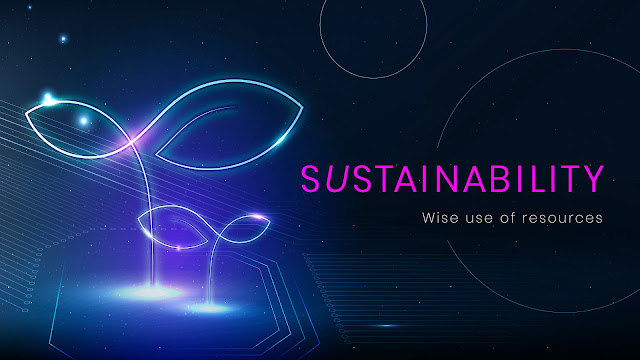USANCE LC BENEFITS FOR IMPORTERS - For Your Read
Usance LCs (Letters of Credit) are financial instruments used in international trade to facilitate payments between importers and exporters. Usance LCs allow importers to defer payment to the exporter for a specified period of time, typically 30, 60, or 90 days. Importers can benefit from usance LCs in several ways: Cash flow management: Usance LCs allow importers to defer payment to the exporter, which can improve their cash flow by providing them with more time to generate revenue or secure financing. Negotiation power: By using a usance LC, importers can negotiate better terms with the exporter, such as lower prices or longer delivery times, as they have more time to pay for the goods. Reduced risk: Usance LCs can reduce the risk of non-payment for the exporter and the importer. The exporter is guaranteed payment by the bank upon presenting the required documents, while the importer can be confident that the goods have been shipped before making payment. Enhanced creditworthin...






